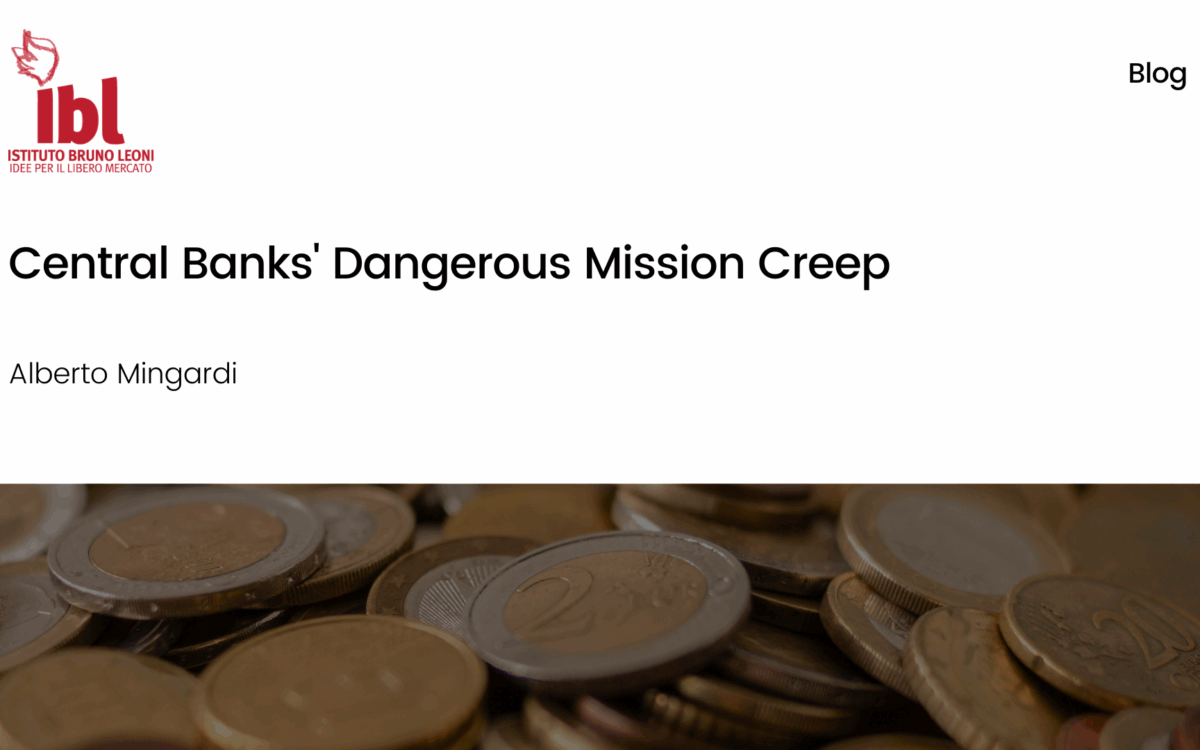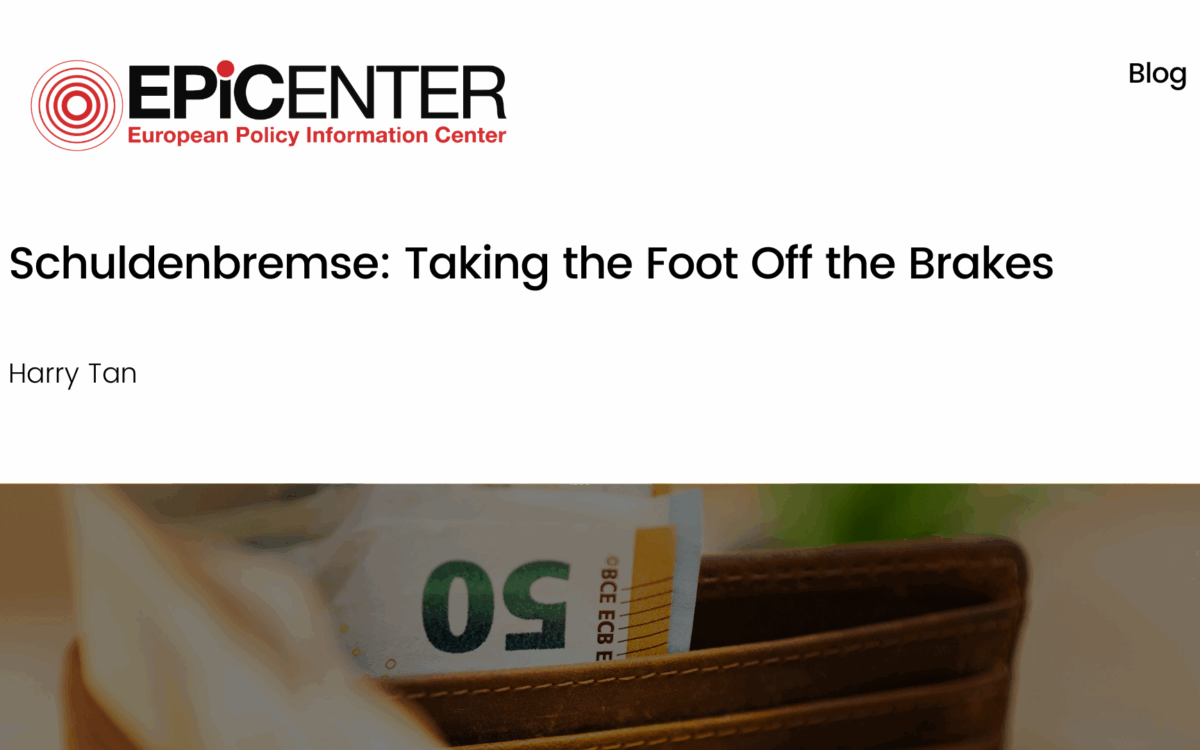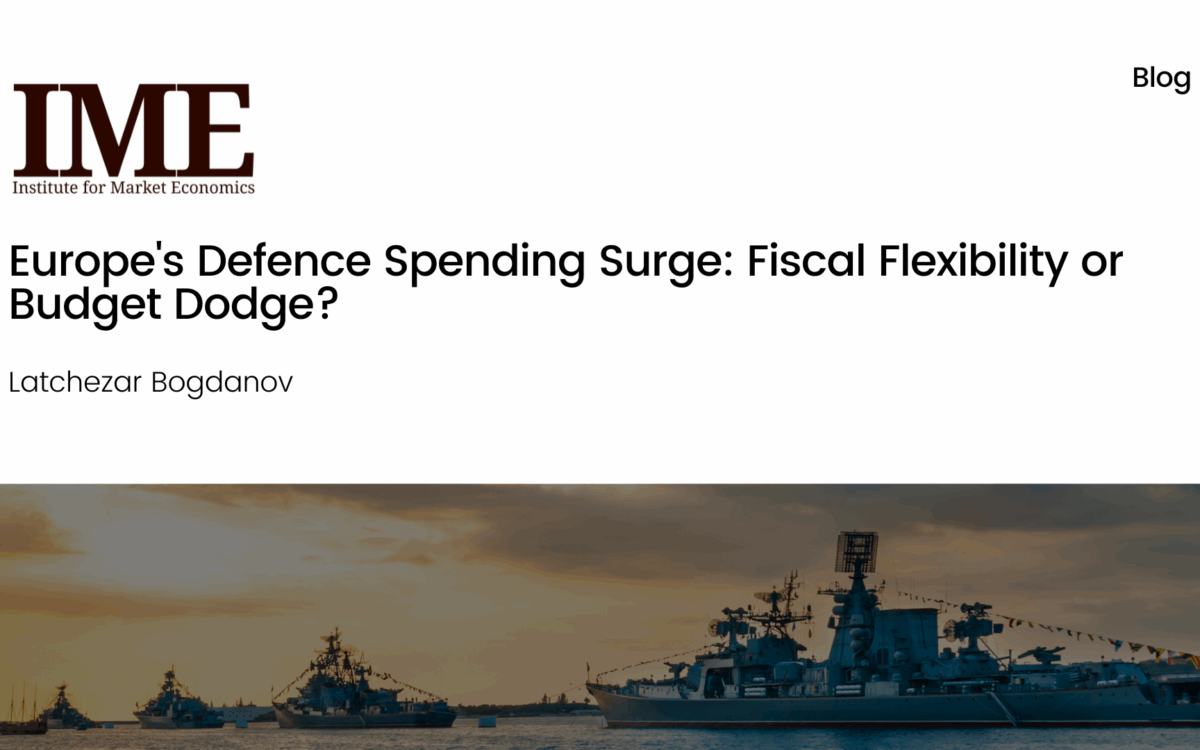Either Goods Will Cross Borders, or Armies Will

Either Goods Will Cross Borders, or Armies Will
Nima Sanandaji // 14 December 2018
The practice of economic sanctions is not new. 2,400 years ago, Athens declared a trade embargo on the neighbouring city state of Megara, strangling the city’s trade. But it is in the modern age that sanctions have become a popular tool of foreign policy. So, do sanctions work?
Extensive research has been carried out on the outcome and impact of economic sanctions, with different claims over their results. The Oxford Reference encyclopedia has this to write about sanctions: “There is considerable disagreement over their effectiveness. Critics point out that they are easily evaded and often inflict more pain on those they are designed to help than on the governments they are meant to influence”.
In some instances, sanctions seem to have achieved their goals. The sanctions against apartheid governments in Rhodesia and South Africa, for example, put pressure on racist systems already strained by popular uprising, speeding up the fall of these states. India has cut off trade to its smaller neighbour Nepal, creating a shortage of necessary goods, and by doing so forced Nepal to adopt certain policies.
But these are the rare cases that defy the rule. Often, people and businesses in sanctioned countries feel betrayed by the world, and instead turn towards supporting their governments when the rest of the world cuts off trade links. The sanctions against Russia have made the Russian people much more supportive of the Putin administration. When goods stopped flowing to Russia through international trade, the state made deals with powerful oligarchs to produce various goods. And so Russia, which previously had ambitious free-market aspirations (for example via a low and flat tax rate), was pushed towards a more centrally planned model with crony capitalism. This has benefited the political class and hurt the country as a whole, while also making Russia much more hostile to the West.
Western consumers and businesses are similarly hurt, since the option to trade with Russia is cut off. In a recent study, I look at the “friendly fire effect” of economic sanctions. Essentially all Western economies except Switzerland and Israel are taking part in the sanctions against Russia. One might imagine that this would allow these two non-sanctioning countries to massively increase their trade with Russia – after all, when Russia is cut off from trading with the rest of Europe, why not turn to Switzerland?
As it turns out, however, the economies that choose not to participate in the sanctions also experience a massive drop in exports. This is because world trade happens through so called global value chains – in which companies in places such as Switzerland, Israel, Russia, the UK and the US work together to produce certain goods.
Cutting out a country from this global chain means everybody else in the chain will have difficulties trading. This means the economic costs of sanctions are bigger than one might otherwise believe.
One must also consider that sanctions not only limit the economic well-being of people in the targeted country (in some cases leading to malnourishment or even starvation), but also reduce economic and civil liberties. By doing so, they undermine the peaceful exchange which breeds global prosperity and peaceful relations.
The researchers Dursun Peksen and Cooper Drury have used a time-series cross-national dataset of sanctions over the period 1972 to 2000 to study the effectiveness of sanctions in reaching their goals. The authors find “both the immediate and longer-term effects of economic sanctions significantly reduce the level of democratic freedoms in the target.”
One illustrative example is the sanctions enacted against North Korea. Cutting off the country from trade made the planned economy last longer than it would otherwise have done. Fortunately, there have been some openings for North Korea to trade with China and to a limited degree also South Korea. Gradually the North Korean state has incorporated some elements of free markets into its economic model. North Korea is still an authoritarian and brutal state, but the shift towards a market economy is nonetheless positive – it has, for example, reduced starvation.
Recently, North and South Korea signed the Panmunjom Declaration for Peace, Prosperity and Unification of the Korean Peninsula. This historic document represents a move towards peace in one of the longest global conflicts; a conflict which could result in nuclear war. An important part of the deal between the two Korean states is about fostering trade links. As the sanctions are replaced with trade, peaceful relations follow.
Sanctions are not always the wrong policy, but they should be used very cautiously. Often, it makes more sense to encourage free exchange. Linking the world together in advanced global value chains is the best strategy for peace and prosperity. In the end, either goods will cross borders, or armies will.
The article appeared first on the IEA’s blog.
EPICENTER publications and contributions from our member think tanks are designed to promote the discussion of economic issues and the role of markets in solving economic and social problems. As with all EPICENTER publications, the views expressed here are those of the author and not EPICENTER or its member think tanks (which have no corporate view).



